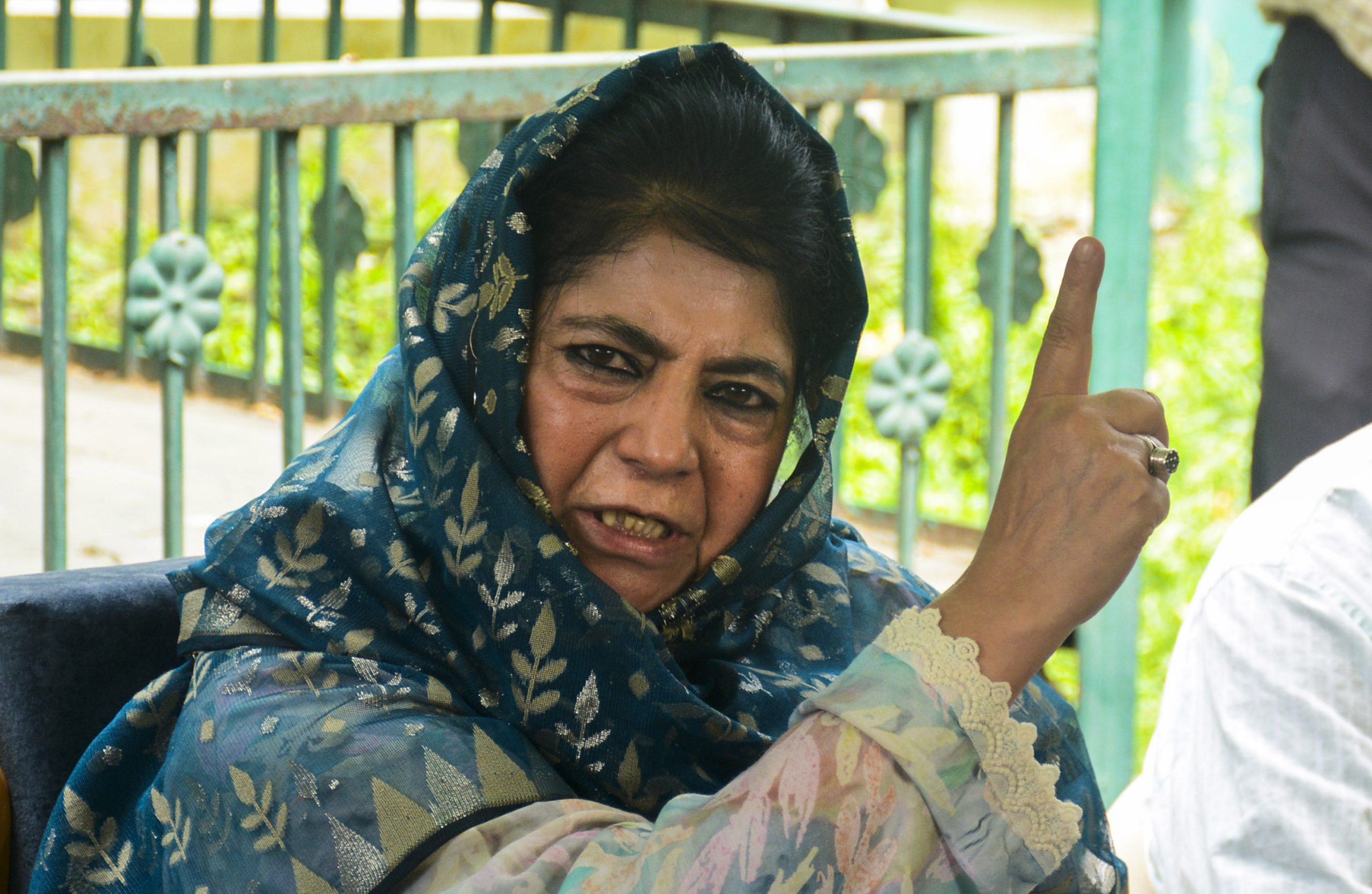 |
|
The political landscape of Kashmir remains volatile, as evidenced by the recent criticism leveled by Peoples Democratic Party (PDP) president Mehbooba Mufti against former Chief Minister Omar Abdullah. Mufti's sharp rebuke centers on Abdullah's perceived failure to raise the deaths of two young men – Waseem, a truck driver killed in what doctors have confirmed to be close-range army firing, and Makhan Din, a 25-year-old who allegedly committed suicide after enduring severe police torture – during a meeting with Union Home Minister Amit Shah. This omission, Mufti argues, represents a significant lapse in representing the concerns of the Kashmiri people and a failure to advocate for justice in the face of alleged human rights abuses.
Mufti's statement underscores a deeper concern regarding the prevalence of alleged police brutality within the Union Territory of Jammu and Kashmir. She explicitly demands the indictment of those responsible for these actions, emphasizing that while the fight against militancy is crucial, it cannot come at the cost of innocent lives. The specific case of Makhan Din, with its accompanying video evidence depicting the alleged torture, serves as a particularly powerful illustration of Mufti's claims. The alleged actions of the SHO in Billawar, accused of arresting youth and extorting money from them, further strengthens the narrative of systemic abuse within the law enforcement apparatus.
The incident involving the alleged extortion by the SHO in Billawar also highlights the power imbalance between the authorities and the general population. The claim that those who refuse to pay are falsely implicated in militancy cases speaks to a pattern of intimidation and coercion, suggesting a lack of accountability and the erosion of public trust in the justice system. This situation highlights the crucial need for independent investigation and transparent accountability mechanisms to prevent such abuses from recurring. The presence of video evidence in the case of Makhan Din underscores the necessity of leveraging technology and investigative journalism to expose human rights violations.
Beyond the immediate concerns surrounding the deaths of Waseem and Makhan Din, Mufti's criticism also touches upon the broader political context of Jammu and Kashmir's ongoing struggle for statehood. While acknowledging the importance of restoring statehood, she prioritizes the right to life, arguing that statehood's value diminishes significantly if the basic right to life is not secure for the citizens. This perspective highlights a critical dilemma faced by the region: balancing political aspirations with the immediate need to address human rights violations and ensure the safety and security of its citizens. This assertion places the debate within a broader human rights framework, where the foundational rights of life, liberty and security cannot be subservient to other political agendas.
Finally, Mufti's complaint regarding the restrictions placed upon her and her party's ability to visit the families of the victims in Sopore and Billawar underscores the difficulties faced by opposition parties in operating within the region. The barring of access to these grieving families, without clear explanation or justification, raises concerns about freedom of movement and the ability of opposition voices to advocate for their constituents. The characterization of the PDP as an opposition party, rather than a militant organization, highlights the crucial distinction between legitimate political action and violent extremism. The inability to freely reach out to victims represents a serious impediment to effective representation and raises questions about the overall political climate and freedom of movement within the region. This highlights the importance of open political engagement and unhindered access for political leaders and their representatives within a democratic framework.
In conclusion, Mehbooba Mufti's statement serves as a stark reminder of the ongoing challenges in Jammu and Kashmir. The alleged human rights abuses, the lack of accountability, and the restrictions on opposition parties all contribute to a climate of uncertainty and unrest. Addressing these issues requires a multifaceted approach that includes impartial investigations, transparent accountability mechanisms, and a commitment to upholding the fundamental rights of all citizens, irrespective of their political affiliations. The failure to address these concerns risks further fueling unrest and undermining the path towards a more peaceful and just future for the region. The immediate concern for the victims’ families must be addressed through a transparent investigation into the incidents of death and alleged torture. The broader implication is the need for improved police accountability and the protection of fundamental rights for all citizens.
Source: Omar Should’ve Raised Kathua, Sopore Deaths With Amit Shah: Mehbooba
